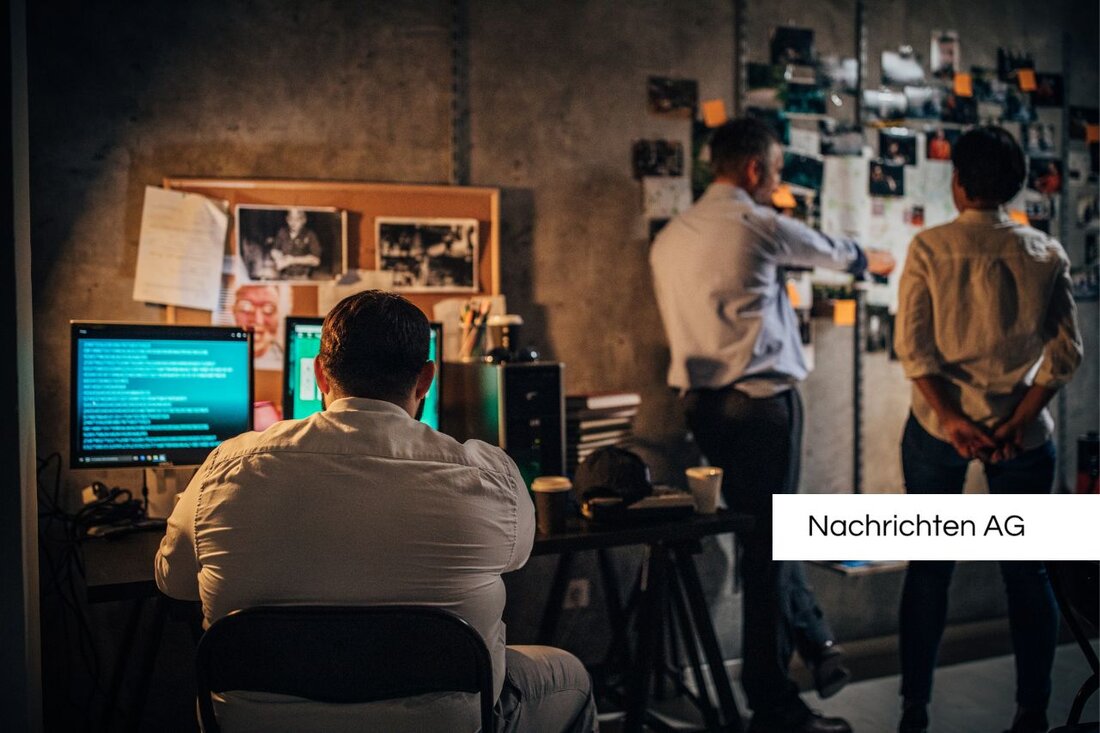Self-image of the psychology students: deception or reality?

Self-image of the psychology students: deception or reality?
A current study by the University of Mannheim examines the ability to assess prospective psychotherapists to assess their own therapeutic skills. The research that under the direction of Prof. Dr. Georg W. Alpers was carried out, comprises 39 master students of the Clinical Psychology and Psychotherapy course. These results were published in the journal "Psychotherapy, Psychosomatics, Medical Psychology" and are of great importance for training in psychology.
The methodology of the study included anamnesis talks with trained simulation patients in which the master students assessed their skills themselves. These self-assessments were then compared with the evaluations of an expert in order to determine the agreement between self-evaluation and external evaluation. The results show that there is a slight agreement between the two types of evaluation, with an intra-class correlation value of only 0.25. This means that the discrepancy already shown is reaffirmed in the self -awareness of students. Above average students tend to underestimate their skills, while about a third of the lower performance students overestimated their skills.
self -efficacy and its effects
An additional aspect of the study is the role of self -efficacy, which proved to be a decisive predictor for the students' self -assessment. Students with high self -efficacy rated their skills more positively, regardless of their actual performance. Conversely, less powerful students tend to overestimate their skills. These findings coincide with previous research, which show that the students' self -assessments are often subject to distortions. It is therefore recommended to introduce targeted feedback and training sessions in order to recognize and correct these distortions in self -awareness.
An innovative element of the study is the development of an acting patient program, which is intended to help the students practice difficult conversation situations. This program is supported by a new funding program of the Ministry of Science as part of the "Fund in Baden-Württemberg".
conclusions and recommendations
Implecting the results of the study that there is a systematic distortion in self -assessment of psychotherapeutic skills that not only influences the self -awareness of the students, but also the quality of their training. Therefore, master students should be trained in the reflection of their skills and the detection of possible distortions. This training is crucial to sustainably improve the quality of the psychotherapeutic youngsters.
For more information, the contact details of Prof. Dr. Georg W. Alpers and Yvonne Kaul from the research communication at the University of Mannheim.
| Details | |
|---|---|
| Ort | Universität Mannheim, 68131 Mannheim, Deutschland |
| Quellen | |
